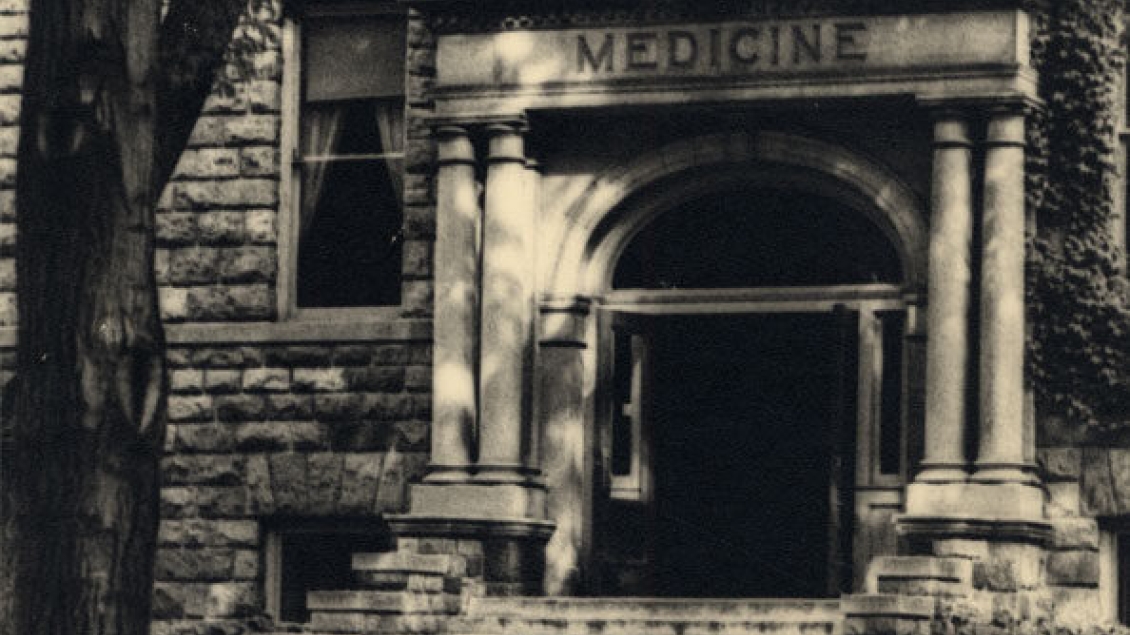
The U-M Medical School Department of Otolaryngology has a rich history of leading top-rated physicians and changing lives with ground-breaking research.
In 1904, the University of Michigan School of Medicine established otorhinolaryngology as a distinct entity from the departments of ophthalmology and surgery. That same year, Roy Bishop Canfield, MD was appointed as the first clinical professor of diseases of the ear, nose and throat. Canfield, who would be the sole professor in the department for the first 13 years, was a vigorous clinician and educator who established a modern curriculum and developed innovative surgical practice.
Two years later, in 1906, he helped establish a graduate medical education plan, and in 1907 he successfully appealed to the Board of Regents to build a 53-bed facility to treat eye, ear, nose and throat conditions. It was constructed in 1910 at a cost of $25,000, becoming the first specialty hospital in Michigan.
In 1917, Albert Carl Furstenberg would become the second member of the department when he was appointed acting assistant professor in charge while Canfield left to serve at various hospitals for the war effort. In 1932, following Canfield’s untimely death in an auto accident, Furstenberg was appointed his successor. Like his predecessor, Furstenberg was a master of radical operations but also taught conservatism (non-surgical approaches to treatment). Most notable were his contributions to the treatment of episodic vertigo, demonstrating that sodium restriction in the diet could alleviate symptoms.
Furstenberg was named dean of the medical school in 1935. The school grew under his leadership and vision, in part due to his early recognition that research would play an intrinsic role in medical education. By 1954, the medical school’s enrollment was 775 students, making it the largest school in North America at the time.
During his tenure, he oversaw tremendous expansion of the medical campus, including construction of the Kresge complex, the Institute for Clinical Medical Research, the Neuropsychiatric Institute and the Medical Science Building. He was also integral in establishing the Kresge Hearing Research Institute in 1954.
The current chair of the department is Mark E.P. Prince, MD. To learn more about our leadership and read the welcome letter from the chair, check out the Leadership page.
Past Chairs:
- 1959-1961: James Hoyt Maxwell, MD
- 1961-1977: Walter Work, MD
- 1977-1992: Charles Krause, MD
- 1993-2007: Gregory Wolf, MD
- 2009-2016: Carol Bradford, MD